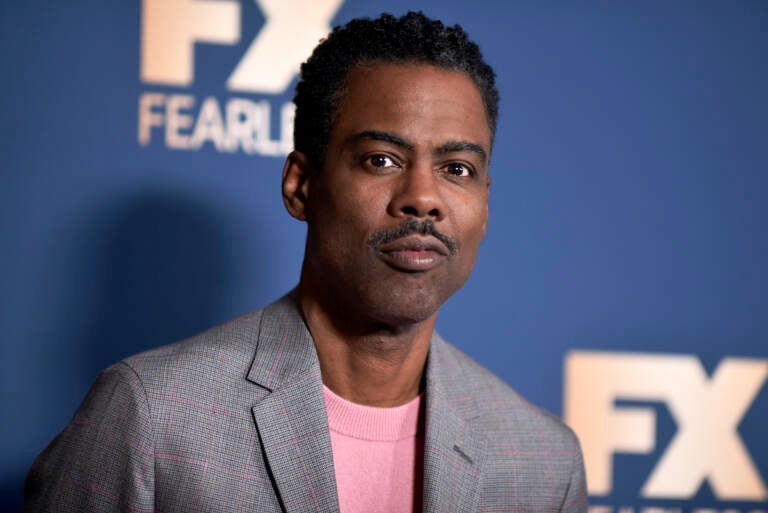Will Smith’s Interview with Trevor Noah: Reflections on the Oscars Slap Incident
Overview:
Will Smith recently spoke out about the incident at the Academy Awards where he slapped Chris Rock. In his first televised sit-down interview since the incident, he opened up to Trevor Noah, addressing the emotional turmoil that led to the outburst and expressing concerns about the impact on his career and the film industry.
Key Points from the Interview:
Emotional Turmoil and Trauma:
Smith revealed that the slap was a result of bottled-up rage, stemming from childhood trauma, including witnessing his father’s abuse towards his mother. He described feeling “dazed” and overwhelmed by emotions during the incident.

Personal Reflection and Regret:
Reflecting on the aftermath, Smith shared a poignant moment with his nephew, who asked why he had hit Chris Rock. This prompted Smith to acknowledge the impact of his actions on others, especially his family and fans.
He expressed regret over the incident and emphasized his desire to reconcile with Chris Rock and move forward.
Professional Impact:
Smith acknowledged the repercussions of the incident, including being banned from all Academy Awards events for ten years. He expressed concern about the potential tarnishing of his new film, “Emancipation,” and hoped that his actions would not overshadow the work of other artists.
Oscar Nomination and Recognition:
Despite the ban, Smith’s performance in “Emancipation” has generated Oscar buzz, and he remains eligible for nominations and awards. However, he won’t be able to publicly accept any awards during this period.

Conclusion:
Will Smith’s interview with Trevor Noah provides insight into the emotional and psychological factors behind the Oscars slap incident. It highlights his personal growth, regret, and commitment to learning from his mistakes. As the film industry continues to navigate the fallout from this incident, Smith’s reflections offer a perspective on accountability and the importance of addressing underlying issues to promote healing and reconciliation.





